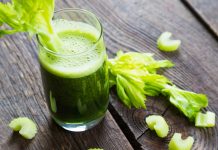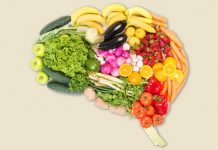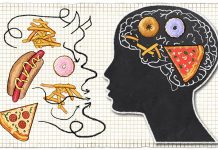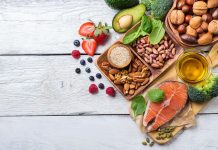For most women, menopause is a very unpleasant experience. But just because your reproductive years are ending doesn’t mean your body has to shut down completely. If you follow a menopause-healthy diet and keep your activity level high, you can age gracefully without letting menopause slow you down!
Is Menopause Making You Miserable? Then Follow a Menopause Diet!
Menopause symptoms may be unpleasant, but don’t necessarily require medical treatment. It’s a good idea to talk to your doctor to figure out whether or not your symptoms are extreme enough to require medical intervention. Some options may include hormone replacement therapy or other prescription meds. But these can come with serious risks, and not all women can (or want) to take them.
Instead, you might want to try making some changes to your diet and exercise routine. If you eat the right foods, exercise regularly, and get enough sleep, it can help reduce or eliminate some of your symptoms. You’ll be surprised by how good you feel!
Dairy and Protein Can Help Combat the Worst Part of Menopause
One of the most dangerous things about menopause is how quickly you can start to lose bone density. Many scientific studies show that the best way to combat this (or at least delay the onset) is to eat more dairy. You should stick to whole food sources of dairy such as:
- Milk
- Cheese
- Yogurt
- Eggs
- Butter (real butter, NOT vegetable oils!)

Dairy products contain important vitamins and minerals such as calcium, phosphorus, potassium, magnesium, as well as vitamins D and K. All of these nutrients are necessary if you want to maintain strong, healthy bones over the long haul. Another hidden benefit of dairy: it can help you sleep better! Lots of menopausal women complain that they have trouble sleeping. But dairy products contain large quantities of the amino acid glycine which has been shown to help people sleep better.
The Importance of Healthy Fats & Protein During Menopause
Consuming healthy omega-3 fatty acids is one of the most important things you can do during menopause. As women age, their risks for things like cardiovascular disease, bone loss, and muscle wasting go up. But getting more heart-healthy omega-3s into your diet can make all of those risks go down. These fatty acids are essential for building stronger bones, improving cardiovascular health, and even building muscle. The richest sources of omega-3 fatty acids include:
- Wild-caught fatty fish like salmon, mackerel, canned sardines
- Chia and flax seeds
- Cruciferous vegetables like broccoli and brussel sprouts
- Spinach (and other dark leafy greens)
As your reach a reproductive decline, your ability to build and maintain strong muscles will decline as well. You can help keep your muscles strong and healthy by eating more high quality protein. Stick to about half a gram of protein per pound of body weight to be safe. For your average 130-pound woman, that equals 65 grams of protein per day.
Can You Eat Carbs During Menopause?
There’s a lot of negative information floating around about carbs these days, but that doesn’t mean they’re all bad. As a matter of fact, whole grains can be very healthy for women who are going through menopause. If you stick to the high fiber ones, like brown rice, quinoa, and wild rice, it could reduce your cardiovascular risk. Just make sure to stay away from highly refined, ultra processed carbohydrates. These can increase your risk for cardiovascular disease along with other diseases like metabolic syndrome and diabetes. They can also increase the weight gain which is typical for most women after menopause.
You’ll also want to make sure you eat up to five servings of high fiber fruits and vegetables each day. Not only is the fiber content good for your gut health and heart health, but the more color those vegetables put on your plate, the more vitamins, nutrients, and antioxidants you’ll be getting. Your body needs these nutrients to transition through menopause as seamlessly as possible.
Women have different dietary needs through every stage of life. Menopause is no exception. But by following the guidelines we’ve outlined here, you can help reduce some of your worst menopause symptoms and protect yourself from increased risk of osteoporosis and heart disease later on in life.





















































